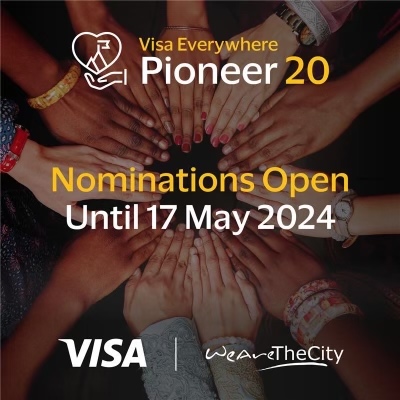
The average British worker doesn’t feel up to the task of working to their full capacity for almost 50 working days each year – a shortfall in productivity which costs the UK economy £138billion.
In addition, an analysis from insurance firm Vitality found that members of Gen Z struggling with mental health problems are missing at least one day’s work per week. This study highlights that younger employees experience mental health issues like tiredness and burnout at a higher rate, with under-30s twice as likely to have depression as their older colleagues. This has led to the possibility that Gen Z is particularly vulnerable to facing detrimental effects on their mental health.
Gen Z is also set to surpass boomers in the workforce, with Gen Z expected to represent 27% of the workforce by 2025, according to the World Economic Forum. To this effect, why are we seeing headlines calling Gen Z workers lazy, unhappy and disengaged? In today’s economy, businesses cannot afford to dismiss the needs of their Gen Z workforce.
So, the question arises- are Gen Z lazy, or are they just not being catered to? And how can business leaders ensure that their workforce is equipped to support the influx of Gen Z employees?
Gen Z are looking for more than just a pay cheque from their job, which is where many businesses are failing to meet the needs of their younger employees. While pay is obviously high up on the list, workplace priorities are changing, particularly for Gen Z.
Aspects such as sustainability, diversity and inclusion and wellbeing are areas that Gen Z cast a keen eye upon. They want to work for companies that align with their own values and care about the societal impact they have. But Gen Z are also keen to receive feedback from their managers to see where they can improve, and are big advocates for rewards, recognition, and praise.
While reward and recognition are appreciated by all levels of seniorities and generations, Gen Z want to see their business leaders take an active stance on the benefits they’re offering their teams. It’s particularly crucial to focus on personalising these benefits. Simply implementing a one size fits all benefits approach won’t be effective in catering to all generations – and clearly, Gen Z has distinct expectations that need to be considered.
Alongside feedback and recognition, rewarding people for their hard work, meeting targets, or long service is an effective way of showing gratitude. Personalisation comes in handy here- it’s important to remember that Gen Z are very savvy and are the generation that are most concerned about finances. Therefore, they will be especially grateful for any help they can get in saving money.
Specifically for those smaller businesses that can’t offer regular financial benefits, offering personalised gifts and rewards is a great way to keep Gen Z team members engaged. For instance, a multi-choice gift card could be beneficial for those who not only appreciate being valued and recognised for hard work, but also want to save money on everyday things such as food shops, toiletries or gym classes and memberships. This way, you’re increasing engagement, morale, and productivity amongst team members, at the same time as supporting Gen Z towards achieving their personal goals.
With Gen Z soon to make up a large portion of the workforce, we can’t afford to dismiss their needs. Gen Z’s respond well to being incentivised, and clearly, this doesn’t have to break the bank for businesses. Their preferences need to be accommodated, just as much as their millennial peers, they might just look a little different.

About the author
Jo Kansagra, Head of People at Virgin Incentives and Virgin Experience Days
An innovative, energetic Senior HR professional – a smart, incisive and thoughtful HR business partner with significant experience of premium/luxury retail and hospitality industries, and of working across channels, markets and all organisation levels. High level, high pace delivery when required, with a natural affinity for pulling people and process together to enable the effective delivery of the HR agenda and business strategy.








